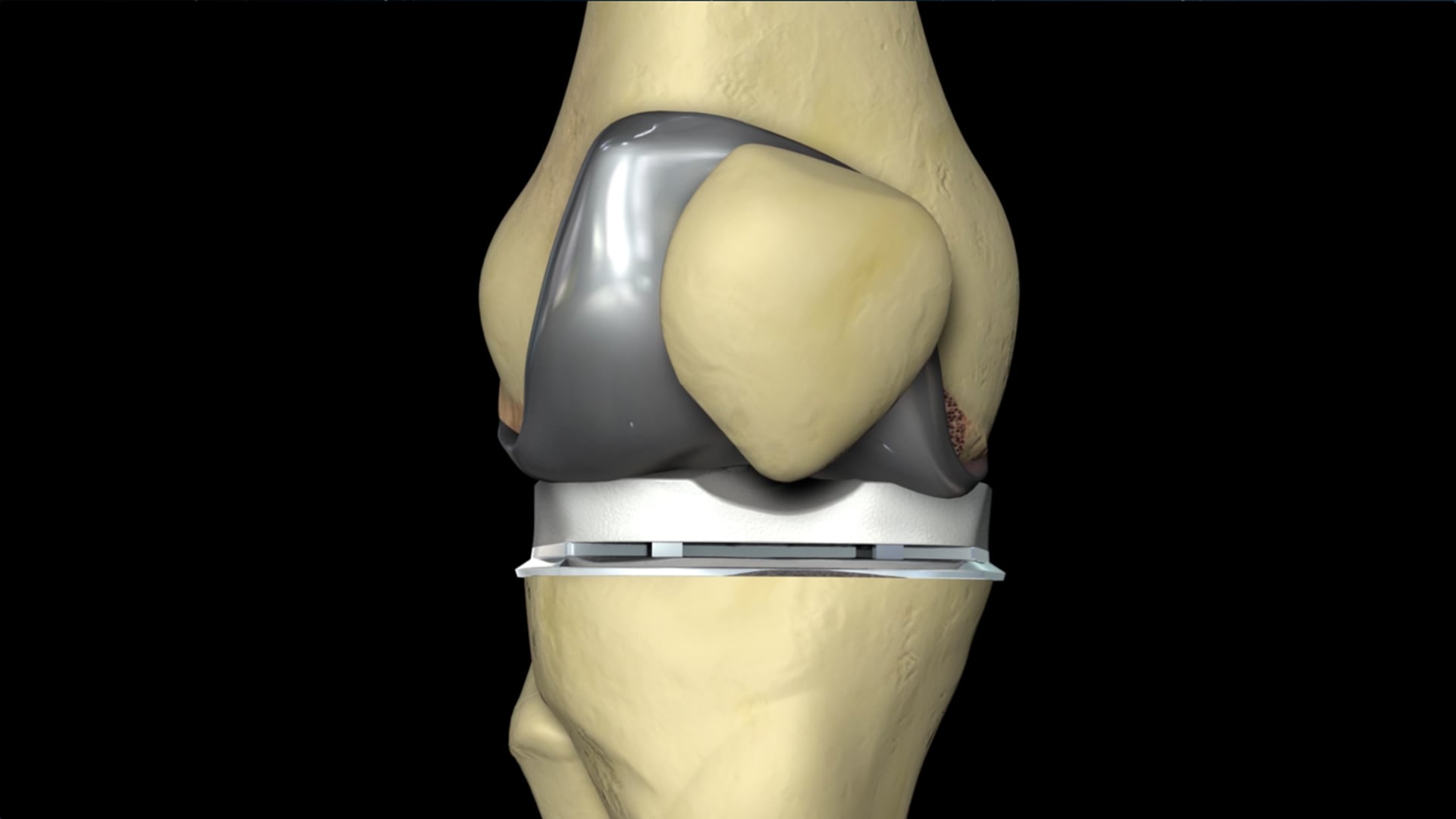Before going ahead with a knee replacement, there are certain questions you need to ask. If in doubt, consider getting a second opinion.
Make sure you fully understand the procedure: don’t be afraid to ask questions. It's important your doctor explains the common risks and benefits, as well as those particular to your circumstances. Knowing all the relevant information is part of informed clinical consent.
Questions for your surgeon
Timing:
- Is this surgery really needed at this time or can it wait?
- Is there anything I can do to delay it?
- Is there anything I can do to improve the outcome, such as losing weight or building muscle?
Costs:
- What are the likely out-of-pocket medical expenses? (Your doctor should be able to give you a breakdown of any costs you'll incur – this is known as ‘Informed Financial Consent’.) Learn about the costs.
- Will there be an additional fee for an assistant surgeon? If so, what will it be?
Preparation:
- How should I prepare for surgery?
- Should I donate my own blood several weeks pre-operatively to be re-transfused post-surgery?

Anaesthetist:
- Will I have a choice of anaesthetist?
- Will I be able to meet with the anaesthetist before the day of surgery?
- Will there be an additional fee for the anaesthetist? If so, what will it be?
Procedure:
- What happens during and after surgery?
Prosthesis:
- Which is the best prosthesis for me and my lifestyle? Learn about prostheses.
- What is it about this prosthesis that makes it the best option for me? Are there alternatives available?
- Has this prosthesis been identified by the National Joint Replacement Registry as one with a low failure rate?
- Do you have an affiliation with the manufacturer of the prosthesis or any other conflict of interest?
Surgeon’s skills:
- How many total knee replacements do you perform each year? (Surgeons who specialise in one procedure have higher success rates and lower complication rates.)
- What percentage of patients are satisfied with the results of the total knee replacements you perform? (90–95% is the average)
- What is your complication rate for this procedure?
Results:
- What can I expect from an artificial joint and what are the limitations? (When can I drive, how far can I walk, when can I resume sports, sexual activities, etc.)
- Follow-up appointments (Write down any questions or concerns you want to discuss with your surgeon.)
Tell your surgeon if you have any skin lesions, sores, cuts or a raised temperature, as you'll need to be treated before surgery.
For male patients, it’s important to let your surgeon know if you have any trouble passing urine, hesitancy or poor flow as you may have an enlarged prostate and these symptoms can be exacerbated by bed rest. Be sure to discuss this with your surgeon because it can also make catheter removal difficult.
Most medication should be taken as usual, but some may interfere with the operation. Your doctor will let you know which medication (if any) you should stop. This could include:
- NSAIDs (including aspirin)
- blood thinners (warfarin, heparin)
- arthritis medication
- pain medication
- insulin.
Don’t forget to mention any homeopathic or herbal remedies you’re taking as these can have interactions and side effects too.
Questions for your anaesthetist
- What type of anaesthesia are you planning to use for my surgery? Learn about your options.
- Will you be prescribing a pre-med? (A medication given before the anaesthetic to prevent nausea, reduce stomach acid or help you relax.)
- How will my pain be managed after the surgery? (The anaesthetist is responsible for this.)
Print out this page to take to your appointment with the surgeon and anaesthetist.
Minimise your out-of-pocket costs
Ask your specialists whether they'll participate in HCF's gap arrangements.







